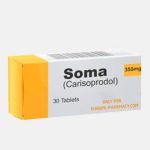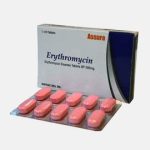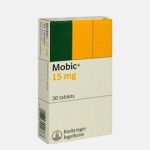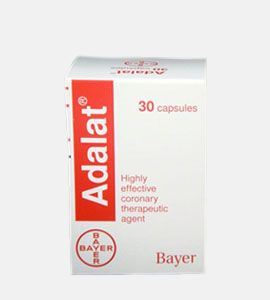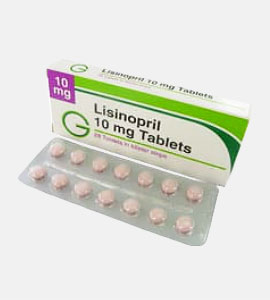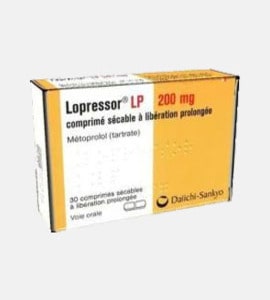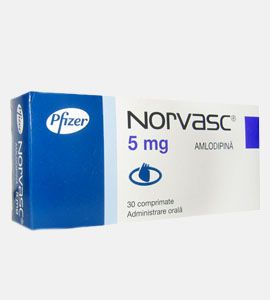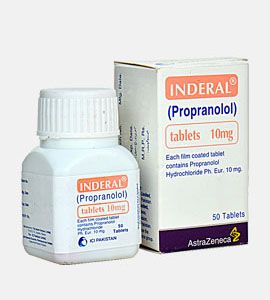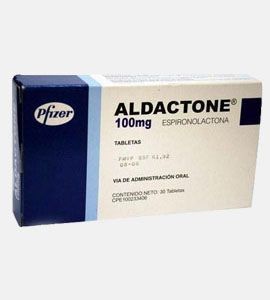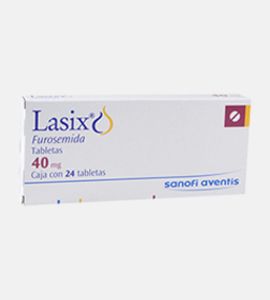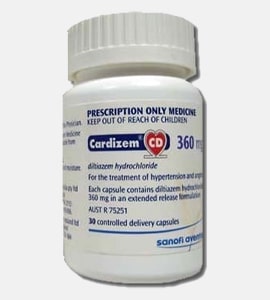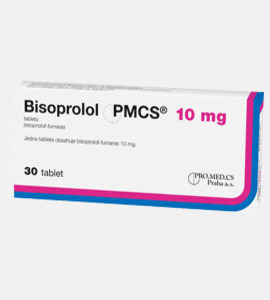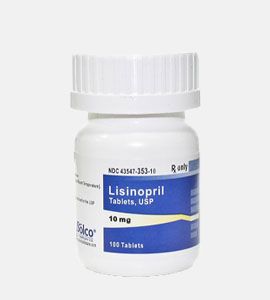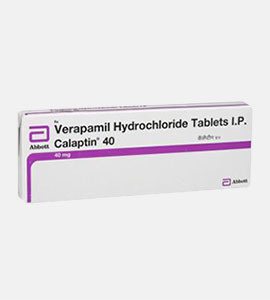Adalat (Nifedipine)
€95.00
Commercial Name: Adalat
Principal Ingredient: Nifedipine
Production form: Pills
Utilization: Treats blood vessels
Available Dosage: 20mg
Description
Common use
The medication belongs to a class of drugs called calcium channel blockers and decreases trans-membrane calcium ion flux through calcium channels to the myocardiocytes and cells of smooth muscles of coronary and peripheral vessels and arteries. Adalat widens coronary arteries on coronary spasm besides it influences unchangeable vessel segments in spots of their partial stenosis. The medicine prevents coronaspasm by decreasing tonus of smooth muscles of coronary arteries. Adalat increases coronary perfusion and improves the supply of microcard by oxygen. Thus the medicine facilitates pumping of blood for a heart and reduces its workload. Adalat is used at hypertension (high blood pressure) and to treat angina.
Dosage and direction
The common dose for Adalat capsules is 10 to 20 mg three times daily. It is important to swallow capsules whole. Extended-release tablets should be taken one time a day and the usual daily dose is 30 or 60 mg. On the necessity, the daily dose can be increased up to 120 mg. The tablets should be swallowed whole, do not beat or cut them in half. Adalat can be taken together with food as well. For rapid relief of hypertensive crisis symptoms, a single dose of the medicine is 10 mg, if necessary in 30 minutes one more capsule should be taken.
Precautions
Adalat is in the FDA pregnancy category C, which means it is not known for causing damage to an unborn baby. If your age exceeds 65 years, side effects from Adalat are more likely to appear, so consult your doctor who may prescribe your a lower dose of it. Avoid eating grapefruit or drinking grapefruit juice while taking this medication, the fruit is known by its ability to increase the number of certain medications in your bloodstream.
Contraindications
Please consult a doctor before taking this medicine in case of allergy to Adalat, pregnancy or breast-feeding, state of a cardiogenic shock, simultaneous intake with Rifampicin, acute form of hypotension, presence of ileostomy after proctocolectomy; age under 18 y.o. (effectiveness and safety are not determined). The medicine is used carefully in case of cardiac insufficiency, severe aortic stenosis, subaortic stenosis, acute myocardial infarction with left ventricular failure, acute form of bradycardia, hepatic failure, severe cerebrovascular disorders, light and moderate arterial hypotension, stenosis of any gastrointestinal tract segment, advanced age, malignant arterial hypertension and hypovolaemia treated by hemodialysis.
Possible side effect
If any of the following severe adverse reactions occur, stop taking Adalat and contact your doctor or seek emergency medical help: allergy, unusually fast or slow heartbeats, severe dizziness or fainting, psychosis, jaundice, oedema of the legs or ankles. Less serious adverse reactions are possible and more likely to happen if so do not stop taking Adalat but talk to your doctor: headache, fatigue, or tiredness, flushing, insomnia, vivid or abnormal dreams, nausea or constipation or increased urination. These effects may worsen if Adalat is taken with alcohol.
Drug interaction
In rare cases, congestive heart failure was noticed to be associated with Adalat, usually in patients already on a beta-blocker: propranolol (Inderal), metoprolol (Lopressor), etc. Hypotension on treatment by Adalat can occur, especially in patients already taking another blood pressure-lowering drug. Nifedipine decreases the elimination of digoxin (Lanoxin) by the kidneys which increases digoxin toxicity.
Missed dose
Never take a double dose of this medication. If it is almost time of the next dose just skip the missed portion and continue to take the medicine according to the schedule.
Overdose
If overdose is supposed the condition requires emergency medical attention. Overdose of the medicine may include dizziness, weakness, chest pain, the difficulty I breathing, fainting, an unusually fast or slow heartbeat, coma, slurred speech, and confusion.
Storage
Tablets should be stored at temperature 15-25 C (59-77 F). They should be protected from light, moisture, and humidity.
Additional information
| mg | 10, 20 |
|---|---|
| pills | 30, 60, 90, 120, 180 |

